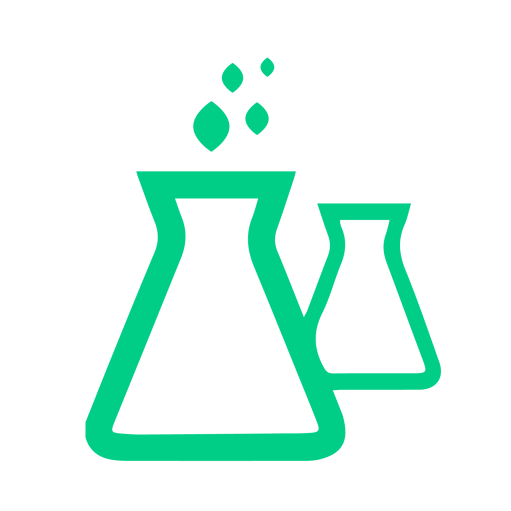
The demand for natural, healthy, and functional beverages is rapidly increasing. Driven by this trend, herbal extracts, as important ingredients for enhancing beverage flavor and nutritional value, are gradually becoming a popular choice in the beverage industry.
Why Choose to Add Herbal Extracts to Beverages?
Herbal extracts are derived from various plants, such as flowers, rhizomes, leaves, and fruits, and are rich in a variety of bioactive substances, including antioxidants, vitamins, and minerals. These components not only enhance the flavor and aroma of beverages but also provide various health benefits, such as anti-inflammatory properties, digestive aid, and immune system enhancement. The application of herbal extracts in beverages presents the following notable features:
- Combination of Natural and Functional: Consumers are increasingly inclined to choose beverages that are both natural and have specific health functions, and herbal extracts precisely meet this demand.
- Diverse Flavors: Different herbal extracts impart unique flavors and aromas to beverages, satisfying consumers’ pursuit of novel taste experiences.
- Clean Label Trend: Using natural herbal extracts helps reduce artificial additives, catering to the market demand for “clean label” beverages.
Examples of Herbal Extract Applications in Beverages
1. Starbucks — Matcha Latte and Seasonal Turmeric Limited Edition Beverages
As a globally renowned coffee chain brand, Starbucks continuously introduces herbal ingredients into its beverages to enrich its product line and enhance health attributes. For example:
- Matcha Latte: Matcha originates from Japan and is rich in antioxidants and amino acids. Starbucks’ Matcha Latte not only brings a unique fresh herbal aroma but also meets consumers’ demand for healthy beverages.
- Seasonal Turmeric Limited Edition Beverages: Turmeric possesses powerful anti-inflammatory and antioxidant properties. Starbucks launches turmeric-containing beverages during specific seasons to offer new health-enhancing choices.
2. PepsiCo — Pepsi Botanical Series
PepsiCo actively adopts herbal extracts in product innovation, launching the Pepsi Botanical series. This series of beverages uses natural plant extracts as the main flavor sources, such as lavender, rose, and jasmine, not only bringing a fresh and unique taste but also emphasizing its natural and healthy brand image.
3. Coca-Cola — Coca-Cola Life and Herbal Infusions
To cater to the healthy beverage market, Coca-Cola launched Coca-Cola Life, a low-calorie cola made with natural sweeteners and herbal extracts. In addition, Coca-Cola has also explored various herbal infusions, such as functional beverages containing mint, lemongrass, and ginger, providing more healthy choices.
4. Red Bull — Plant-Based Energy Drinks
As the leading energy drink brand, Red Bull incorporates herbal extracts into its products. For example, Red Bull’s plant-based energy drinks add ginseng and green tea extracts, aiming to provide a more natural energy source while enhancing the product’s health attributes.
5. Arizona Beverage Company — Herbal Cooling Tea Series
Arizona Beverage Company is known for its diverse and creative beverages. Its herbal cooling tea series uses various Chinese herbal extracts, such as chrysanthemum, honeysuckle, and monk fruit, to create healthy beverages with traditional Chinese medicinal effects, which are well-loved by consumers.
